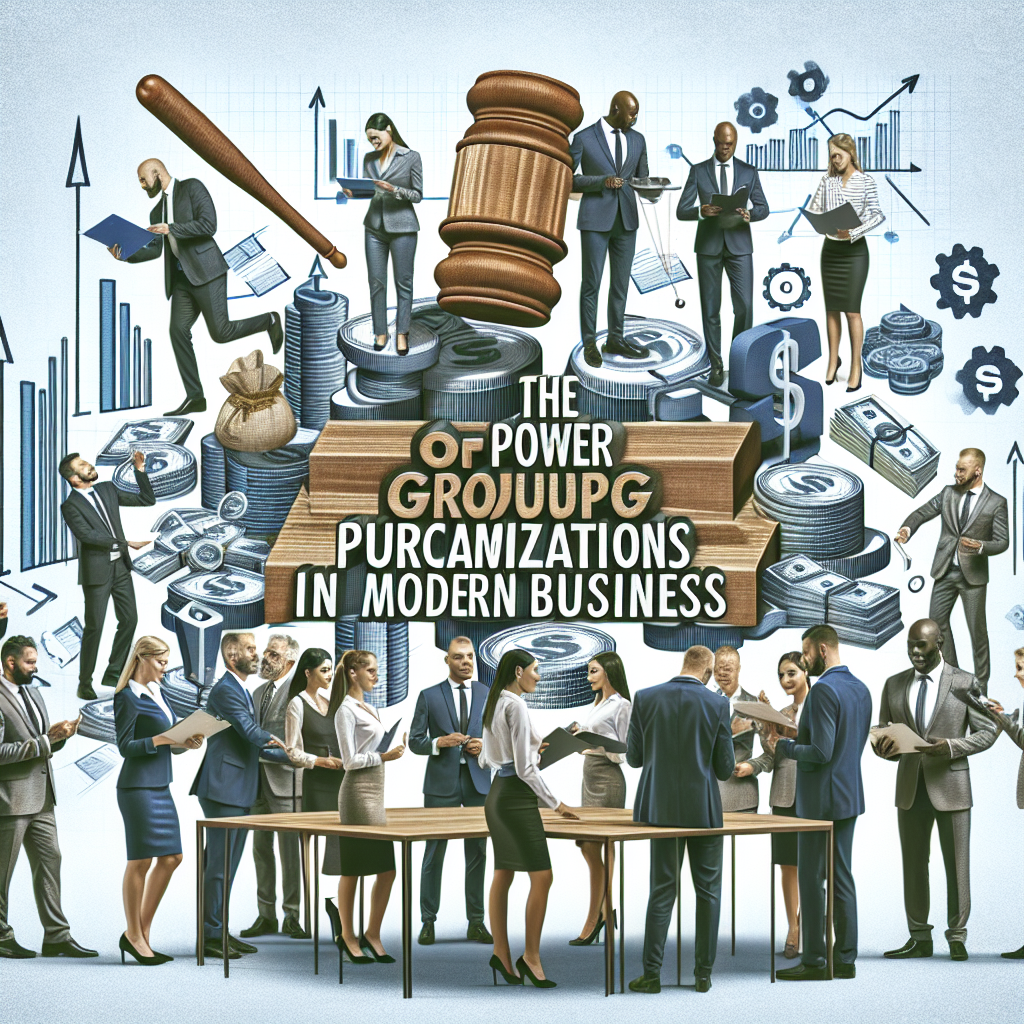Supplier relationships are a critical component of any business’s success. The suppliers that a company chooses to work with can have a significant impact on its ability to deliver products and services to customers in a timely and cost-effective manner. By developing strong relationships with suppliers, businesses can ensure that they have access to high-quality materials and components, as well as reliable and efficient delivery processes. Additionally, strong supplier relationships can also lead to opportunities for collaboration and innovation, as suppliers may be able to provide valuable insights and expertise that can help a business improve its products and processes.
Furthermore, strong supplier relationships can also help businesses mitigate risks and navigate challenges more effectively. By working closely with suppliers, businesses can gain a better understanding of potential risks and develop strategies to address them. For example, by maintaining open lines of communication with suppliers, businesses can stay informed about potential disruptions in the supply chain and take proactive steps to minimize their impact. Ultimately, by understanding the importance of supplier relationships, businesses can position themselves for long-term success and sustainability.
Developing a Strategic Approach to Supplier Management
Developing a strategic approach to supplier management is essential for businesses looking to maximize the value of their supplier relationships. This involves taking a proactive and holistic approach to managing suppliers, rather than simply reacting to immediate needs or issues. A strategic approach to supplier management begins with clearly defining the business’s goals and objectives, as well as the role that suppliers will play in achieving them. By understanding the specific needs and requirements of the business, businesses can then identify the most suitable suppliers and develop strategies for engaging with them effectively.
Additionally, developing a strategic approach to supplier management also involves establishing clear processes and procedures for working with suppliers. This includes defining expectations, setting performance metrics, and establishing communication channels to ensure that both parties are aligned and working towards common goals. By taking a strategic approach to supplier management, businesses can also identify opportunities for collaboration and innovation, as well as potential risks and challenges that need to be addressed. Ultimately, by developing a strategic approach to supplier management, businesses can position themselves for long-term success and sustainability.
Building Trust and Collaboration with Suppliers
Building trust and collaboration with suppliers is essential for businesses looking to maximize the value of their supplier relationships. Trust is the foundation of any successful relationship, and this is especially true when it comes to working with suppliers. By building trust with suppliers, businesses can create an environment of mutual respect and understanding, which can lead to more open and productive communication. This, in turn, can help businesses and suppliers work together more effectively to address challenges, identify opportunities for improvement, and drive innovation.
Furthermore, building collaboration with suppliers can also lead to new opportunities for growth and development. By working closely with suppliers, businesses can gain access to valuable insights and expertise that can help them improve their products and processes. Additionally, by collaborating with suppliers, businesses can also identify opportunities for joint initiatives and projects that can benefit both parties. Ultimately, by building trust and collaboration with suppliers, businesses can create a more resilient and sustainable supply chain that is better equipped to navigate challenges and capitalize on opportunities.
Managing Risks in Supplier Relationships
Managing risks in supplier relationships is a critical aspect of effective supplier management. The global marketplace is fraught with potential risks that can impact a business’s ability to deliver products and services in a timely and cost-effective manner. By managing risks in supplier relationships, businesses can minimize the impact of potential disruptions in the supply chain and ensure that they are better prepared to navigate challenges when they arise. This involves identifying potential risks, such as supply chain disruptions, quality issues, or geopolitical instability, and developing strategies to address them.
Additionally, managing risks in supplier relationships also involves establishing clear processes for monitoring and mitigating potential risks. This includes maintaining open lines of communication with suppliers to stay informed about potential challenges and disruptions, as well as developing contingency plans to minimize their impact. By taking a proactive approach to managing risks in supplier relationships, businesses can position themselves for long-term success and sustainability.
Leveraging Technology for Effective Supplier Communication
Leveraging technology for effective supplier communication is essential for businesses looking to maximize the value of their supplier relationships. In today’s digital age, technology plays a critical role in facilitating communication and collaboration between businesses and their suppliers. By leveraging technology, businesses can streamline communication processes, improve transparency, and enhance the overall efficiency of their interactions with suppliers. This can help businesses stay informed about potential challenges or disruptions in the supply chain and take proactive steps to address them.
Furthermore, leveraging technology for effective supplier communication also enables businesses to gain access to valuable data and insights that can help them make more informed decisions. For example, by using data analytics tools, businesses can gain a better understanding of their supplier performance and identify opportunities for improvement. Additionally, by leveraging technology for effective supplier communication, businesses can also improve the overall efficiency of their supply chain processes, leading to cost savings and improved customer satisfaction.
Negotiating Win-Win Contracts with Suppliers
Negotiating win-win contracts with suppliers is essential for businesses looking to establish mutually beneficial relationships that drive value for both parties. By negotiating win-win contracts, businesses can ensure that they have access to high-quality materials and components at competitive prices, while also providing suppliers with fair terms and conditions that enable them to operate profitably. This involves taking a collaborative approach to negotiations, where both parties work together to identify common goals and develop agreements that align with their respective interests.
Additionally, negotiating win-win contracts with suppliers also involves establishing clear performance metrics and expectations that enable both parties to track progress and ensure that the terms of the contract are being met. By negotiating win-win contracts with suppliers, businesses can create a more resilient supply chain that is better equipped to navigate challenges and capitalize on opportunities.
Evaluating and Improving Supplier Performance
Evaluating and improving supplier performance is essential for businesses looking to maximize the value of their supplier relationships. By regularly evaluating supplier performance, businesses can gain insights into areas where improvements are needed and identify opportunities for collaboration and innovation. This involves establishing clear performance metrics and expectations for suppliers, as well as developing processes for monitoring and evaluating their performance against these metrics.
Additionally, evaluating and improving supplier performance also involves maintaining open lines of communication with suppliers to provide feedback on their performance and identify areas for improvement. By working closely with suppliers to address performance issues and drive continuous improvement, businesses can create a more resilient supply chain that is better equipped to deliver products and services in a timely and cost-effective manner.
In conclusion, effective supplier management is essential for businesses looking to maximize the value of their supplier relationships. By understanding the importance of supplier relationships, developing a strategic approach to supplier management, building trust and collaboration with suppliers, managing risks in supplier relationships, leveraging technology for effective supplier communication, negotiating win-win contracts with suppliers, and evaluating and improving supplier performance, businesses can position themselves for long-term success and sustainability in today’s competitive marketplace.




